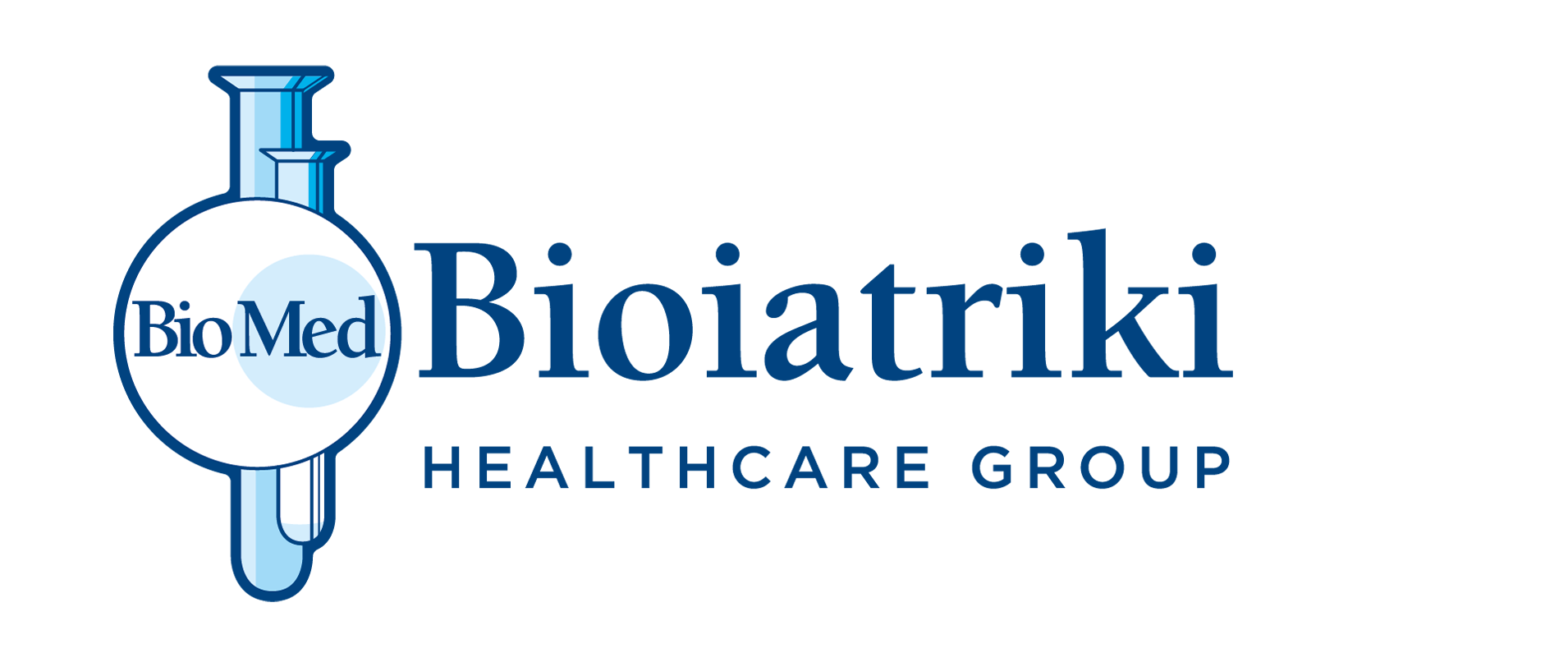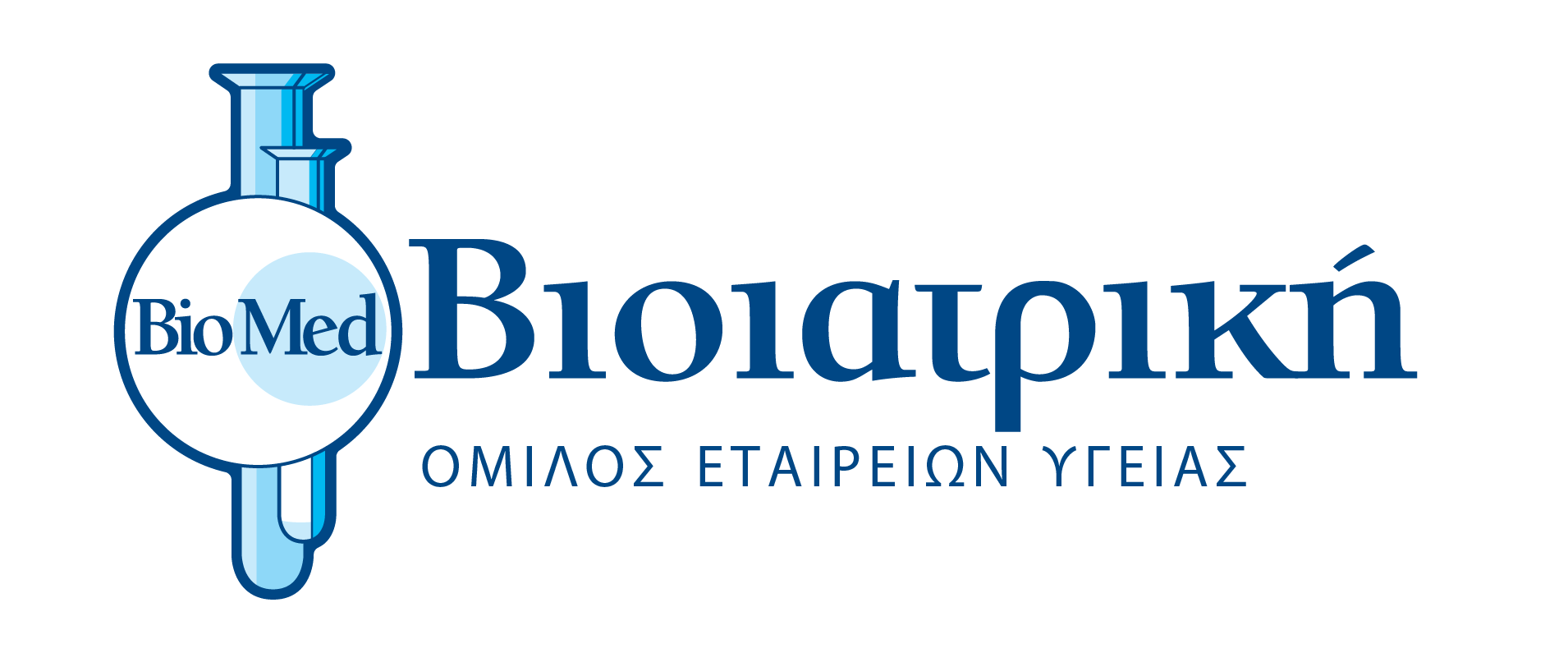
*by Dionysia Vardakastani
The emergence of any type of cancer is based on two factors: genetic predisposition and lifestyle. In the second case, as one can see through scientific references, cancer is directly associated with diet, high body weight, reduced physical activity, and several other factors, all relevant to our lifestyle. Altering our way of life can prevent 30% of cancers, saving thousands of lives.
It is no coincidence that the Mediterranean diet, according to the global research community, is the cornerstone of a healthy diet. The copious amounts of nutrients that the Mediterranean Diet offers, has been linked to longevity. Taking up a healthy diet and a healthy way of life results in the prevention of hereditary and acquired diseases as well as some types of cancer. The Mediterranean Diet is poor in red meat and rich in olive oil, nuts, seeds and fish, foods with monounsaturated and polyunsaturated fats, whose high consumption is linked with a reduced risk of developing cancer. The European Prospective Investigation into Cancer and Nutrition (EPIC) study confirms that objects who consumed one portion (80gr) of fish daily, reduced the risk of bowel cancer development by 30% in contrast to those consuming less. Additionally, objects who consumed more portions of fatty fish in a weekly basis, showed lower risk of developing breast cancer.
Say no to saturated fats
On the other hand, following a “Western Diet” rich in processed food, simple sugar, and red meat, has been linked to increased risk of developing several types of cancer. Specifically, red meat (beef, pork, lamp, cold meat) is rich in saturated fat which has been linked to colon cancer. Besides, in the recent systematic review published in October 2021 in Nutrients, the risk of breast cancer increases when the consumption of trans fatty acids (processed, packaged foods) is increased. In contrast, a diet rich in carotenoids (α-carotene, β-carotene, lycopene), vitamins and minerals safeguards against breast cancer.
The cooking way is important
Equally important to cancer prevention is the cooking way as more and more studies are oriented around it. Increased consumption of smoked and roasted food has been linked stomach, prostate, colon, and breast cancer. Proteins found in meat are the “usual suspects” according to studies, which in BBQ temperatures are converted into heterocyclic amines (HCAs) (carcinogenic substances). Additionally, fats are converted into polycyclic aromatic hydrocarbons (equally carcinogenic) when they are heated and dripped on the coals.
Prevention in fiber
A diet rich in fibers (30gr/day) is highly effective against colorectal cancer which is ranked as the 3rd most common form of cancer worldwide. Fibers are one of the most important constituents of a healthy diet. They are found in vegetables, fruits, whole grains, and legumes and are located at the base of the Mediterranean Diet pyramid. Additionally, isoflavones which are found in soy (phytoestrogens: plant compounds metabolized to estrogenic substances) appear to be protective against breast and prostate cancer.
Maintain a steady body weight
High body weight and body fat are associated with the development of some types of cancer, data say. In other words, elevated levels of estrogen, insulin, and growth factors with chronic inflammation, increase the risk of breast cancer, the second most common form of cancer in the female population. The risk is even higher in postmenopausal women.
Our shield is physical activity
Minimal or zero physical activity has been linked to increased risk of colon cancer, while regular physical activity acts against it. Experts recommend for an active lifestyle with at least 150 minutes of moderate physical activity or at least 75 minutes of intense physical activity per week. According to American College of Sports Medicine (ACSM) physical activity is not only a shield against cancer, but a safe complementary treatment to patients, with applications both during anti-cancer treatment and during recovery.
Alcohol in moderation
High alcohol consumption is another factor that should be altered in our diet. Individuals with high alcohol consumption show increased risk for developing cancer according to studies. In other words, consuming three drinks a week, increases the risk of disease or recurrence of the disease by 15%, due to the increase in estrogen and DNA damage caused by alcohol and by 10% for each additional drink consumed daily. Frequent alcohol consumption is also a high-risk factor for gastric cancer, while according to EPIC’s prospective study, those who drank beer instead of wine were at a higher risk.
Thousands of lives can be saved by tailoring diets in collaboration with the treating physician and the clinical dietitian.
*Medical Representative Coordinator, BIOIATRIKI Healthcare Group Clinical Dietician (MSc) PhD Nutrition and Dietetics University of Nicosia









